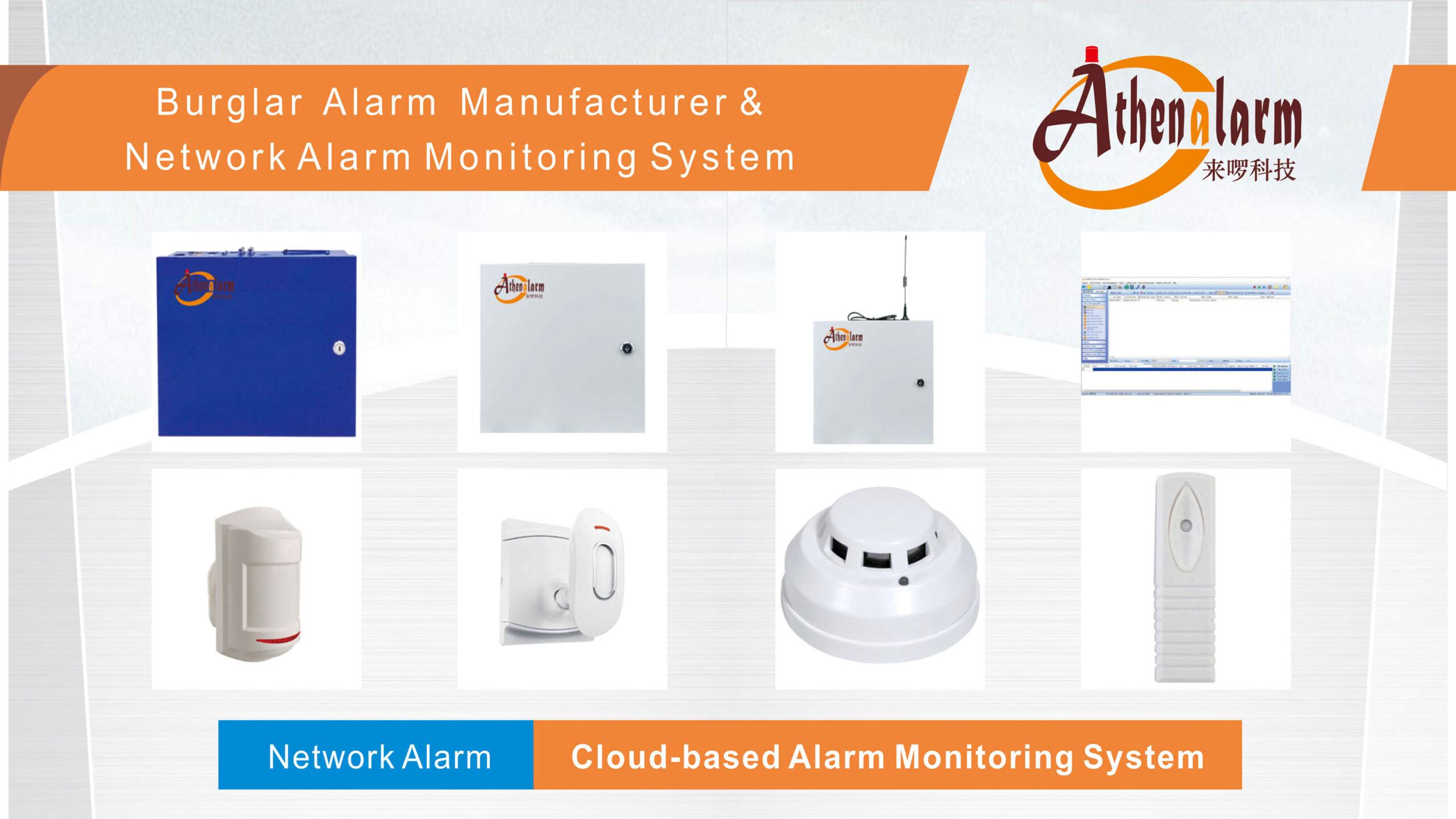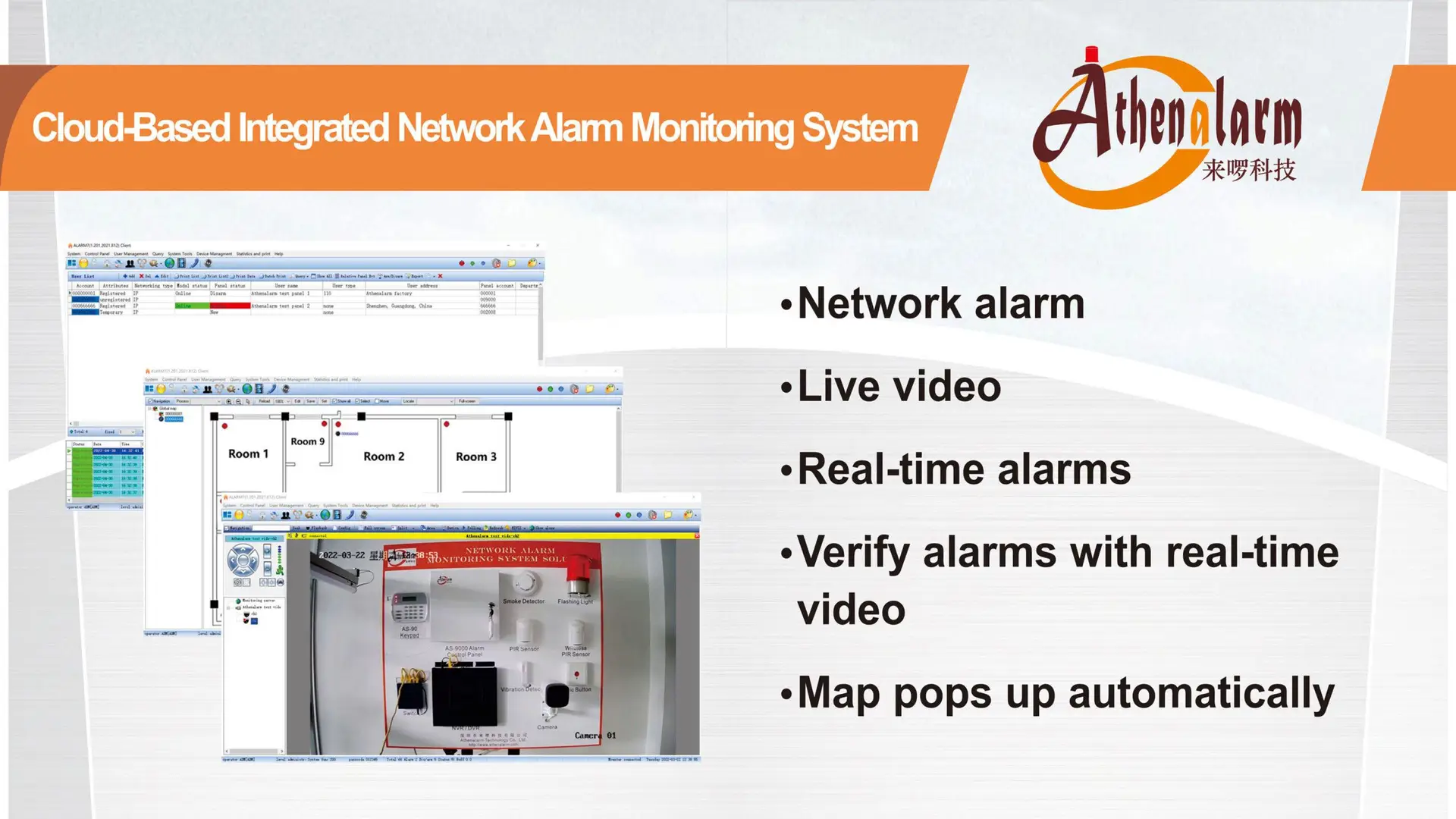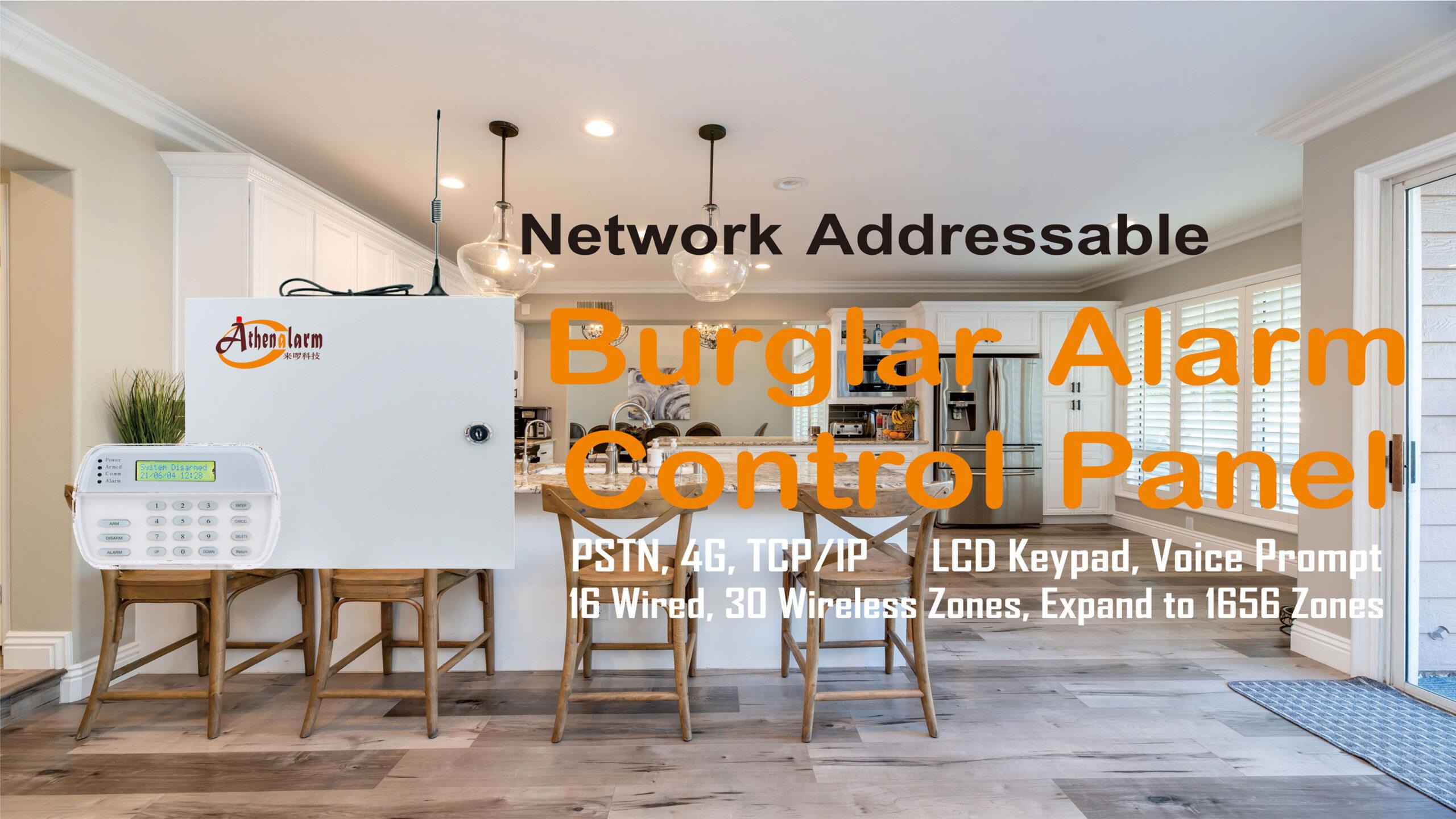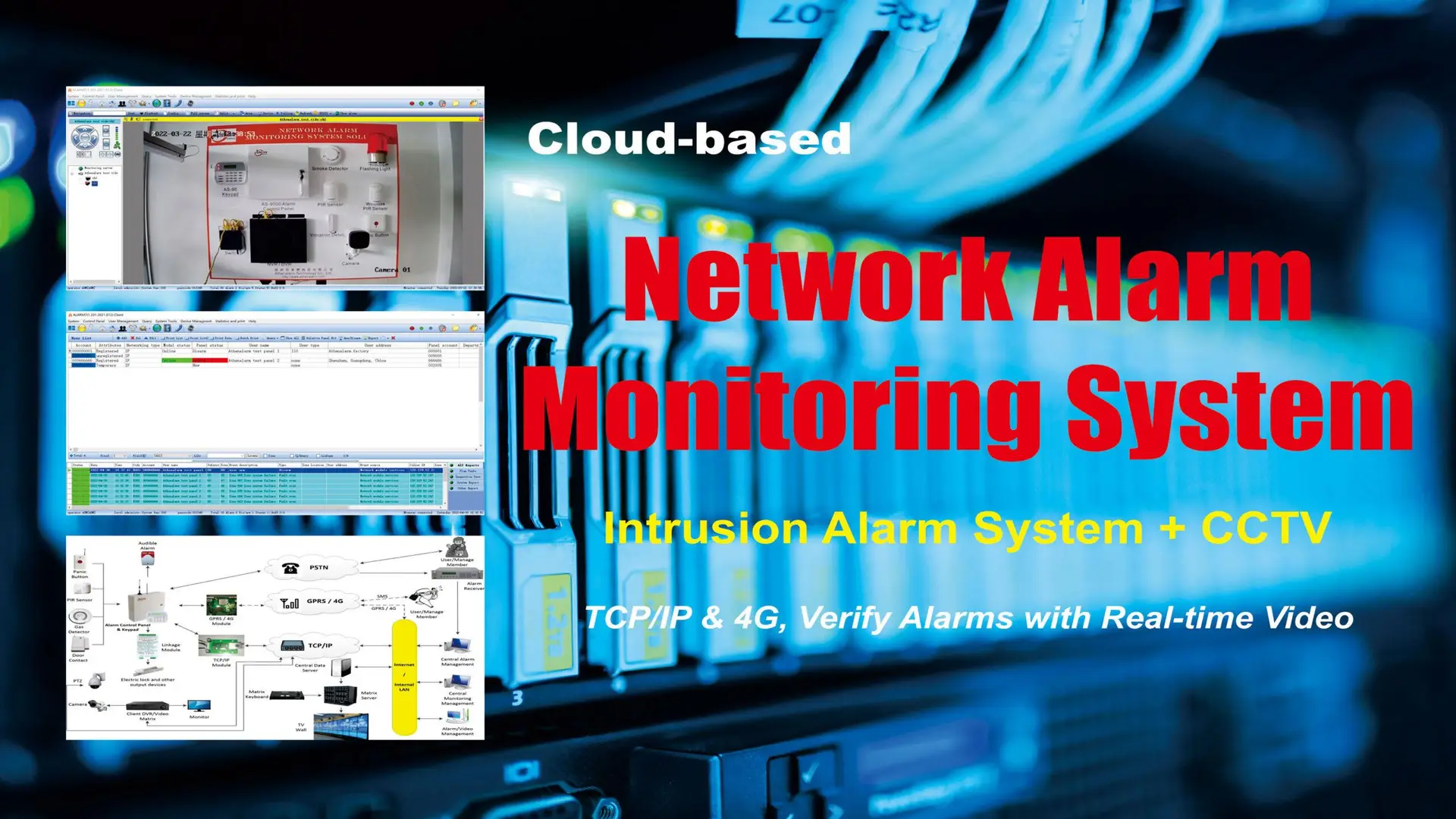



Reliable Alarm System Suppliers for Corporate Clients: Choosing the Best Security Partner
In today’s increasingly security-conscious business environment, corporate clients must rely on trusted alarm system suppliers to protect assets, employees, and critical infrastructure. Rising risks such as burglary, vandalism, cyber threats, and unauthorized access demand highly advanced intrusion detection and alarm systems for comprehensive protection.
However, not all alarm system providers offer the same level of quality and reliability. Selecting the right supplier requires evaluating product innovation, service dependability, compliance with industry standards, and system scalability.
This guide provides corporate buyers with a structured approach to identifying and partnering with the most reliable alarm system suppliers, ensuring long-term security, seamless integration, and operational efficiency.
1. Key Factors in Evaluating Alarm System Suppliers
1.1 Industry Experience and Reputation
The supplier’s track record is a key indicator of its reliability and expertise. Consider:
- Years of experience providing security solutions for corporate environments.
- Successful case studies and large-scale enterprise partnerships.
- Certifications and compliance with industry standards such as UL, CE, ISO, and FCC.
- Positive client testimonials and strong market reputation.
1.2 Product Range and Technological Innovation
Corporate security demands cutting-edge technology to address complex threats. A trusted supplier should provide:
- Intrusion detection systems – Motion sensors, glass break detectors, and perimeter security.
- Fire and gas leak alarms – Early hazard detection with automated emergency response.
- Wireless and wired solutions – Adaptable to diverse facility structures.
- AI-powered analytics – Behavior recognition, false alarm reduction, and predictive threat detection.
- Cloud-based security management – Real-time alerts, remote monitoring, and seamless integration with emergency services.
1.3 System Integration and Compatibility
A corporate alarm system should seamlessly integrate with:
- Video surveillance (CCTV systems) – AI-enhanced object detection and tracking.
- Access control solutions – Keycard authentication, biometrics, and mobile access.
- Building automation systems – Smart locks, lighting, and HVAC controls.
- Security Operations Centers (SOC) – Centralized monitoring with automated response protocols.
Suppliers that offer open API integrations enable businesses to enhance security efficiency and ensure future scalability.
1.4 Reliability and False Alarm Prevention
False alarms waste resources and undermine trust in security systems. Look for:
- AI-driven dual-sensor verification – Reduces false triggers from environmental factors.
- Self-diagnostic features – Automatically detects and alerts on system malfunctions.
- Tamper-proof design – Prevents hacking, sabotage, and unauthorized interference.
1.5 Compliance with Industry Standards
Corporate buyers must ensure suppliers meet mandatory security certifications, such as:
- EN 50131 – European standard for intrusion detection.
- UL 827 – U.S. monitoring center certification.
- ISO 9001 – Quality management for reliable security products.
- GDPR and cybersecurity regulations – Ensuring data security and compliance with privacy laws.
1.6 Scalability and Future-Proofing
A reliable alarm system must adapt to evolving security needs. Evaluate:
- Modular system architecture – Scalable to accommodate business growth.
- AI and IoT integration – Real-time data insights and automation.
- Cloud-based updates – Continuous software improvements and security enhancements.
2. Essential Features of a Corporate Alarm System
2.1 Intelligent Intrusion Detection
- PIR Motion Sensors – Detect human movement while minimizing false alarms.
- Glass Break Detectors – Identify forced entry through windows or doors.
- Vibration Sensors – Trigger alerts in response to tampering or forced access.
2.2 24/7 Monitoring & Automated Response
- Multi-channel connectivity – Wi-Fi, 5G, and Ethernet for fail-safe operation.
- Automated escalation protocols – Direct integration with emergency services.
- AI-based risk assessment – Predictive threat detection and early warning capabilities.
2.3 Customizable Security Zoning
- Access control integration – Restrict high-risk areas using role-based permissions.
- Remote deactivation controls – Authorize security overrides for trusted personnel.
2.4 Cybersecurity & Data Protection
- End-to-end encryption – Prevents hacking and unauthorized data access.
- Cloud-based authentication – Enhances system security with multi-factor verification.
3. How to Choose a Reliable Alarm System Supplier
Step 1: Conduct a Corporate Security Assessment
- Identify critical assets and potential security vulnerabilities.
- Assess current security infrastructure and gaps.
- Define required alarm system features based on risk levels.
Step 2: Research and Shortlist Suppliers
- Focus on industry leaders with strong customer references.
- Verify compliance with security and data protection regulations.
- Assess long-term support, maintenance, and upgrade policies.
Step 3: Request System Demonstrations
- Conduct pilot installations to evaluate performance in real-world conditions.
- Test AI-driven analytics and system integration with existing infrastructure.
Step 4: Compare Pricing and Long-Term Costs
- Analyze the Total Cost of Ownership (TCO), including installation, maintenance, and software upgrades.
- Identify hidden costs in cloud storage, licensing, or emergency service fees.
4. Best Practices for Corporate Alarm System Implementation
4.1 Deploy a Layered Security Strategy
- Perimeter security – Motion detectors, security fences, and lighting.
- Access control – Multi-layer authentication with RFID and biometrics.
- AI-driven surveillance – Smart CCTV monitoring with anomaly detection.
4.2 Establish an Incident Response Plan
- Define escalation protocols for security breaches.
- Train employees on emergency procedures and alarm response.
4.3 Schedule Regular Maintenance & System Upgrades
- Conduct quarterly security audits to ensure system efficiency.
- Update firmware and software to mitigate cybersecurity risks.
5. Conclusion
Choosing a reliable alarm system supplier is a crucial decision for corporate security. The right provider delivers advanced technology, robust security measures, and expert support to ensure long-term business protection.
By conducting thorough research, evaluating supplier credibility, and integrating modern security technologies, businesses can establish a future-proof security strategy that safeguards assets and personnel.
Key Takeaways
- Partner with industry-certified suppliers for proven security reliability.
- Prioritize seamless system integration and AI-powered analytics.
- Implement layered security measures to maximize protection.
- Ensure strong cybersecurity protocols to prevent unauthorized access.
By selecting a trusted alarm system supplier, corporate clients can enhance security, improve operational efficiency, and minimize risk exposure. Secure your business today with the right security partner.
